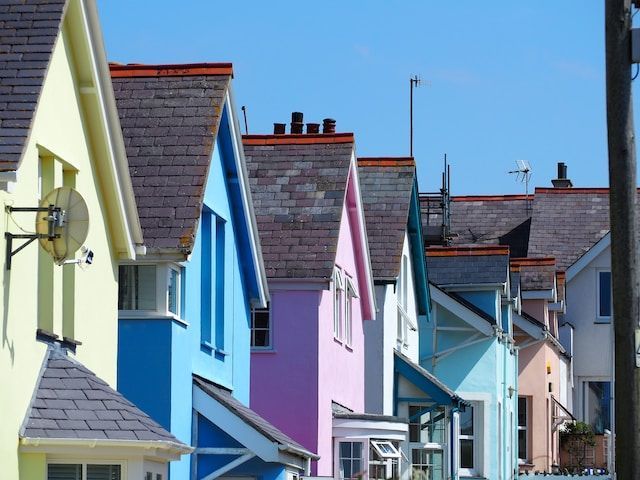As our homes are the places where we spend most of our time, it's essential to make sure they are safe and free from potential hazards. In the UK, there are various risks around the home that we need to be aware of to prevent accidents and injuries. In this article, we'll look at the top ten hazards around the home and provide tips on how to prevent them.
- Fires are one of the most significant risks in homes, and they can cause severe damage to property and even lead to fatalities. The best way to prevent fire hazards is by installing smoke detectors in your home and ensuring that they are working correctly. Additionally, it's crucial to avoid leaving cooking appliances unattended, not overload electrical sockets, and keep flammable materials away from heat sources.
- Falls are the most common type of accident in homes, and they can result in severe injuries, especially in older people. To prevent falls, you can install handrails in your home's staircases and ensure that all steps are even and in good condition. It's also essential to avoid cluttering walkways and to use non-slip mats in areas that are prone to wetness, such as bathrooms.
- Poisoning can occur in homes, especially if cleaning chemicals and other toxic substances are not stored safely. To prevent poisoning, make sure to store all chemicals in their original containers, keep them out of reach of children, and read and follow the instructions carefully before use. Additionally, avoid using chemicals near food or in poorly ventilated areas.
- Carbon monoxide is a gas that is produced when fossil fuels are burned, and it can be lethal when inhaled in large amounts. To prevent carbon monoxide poisoning, make sure to have your heating system, chimneys, and flues regularly serviced by a professional. You can also install carbon monoxide detectors in your home and ensure that they are working correctly.
- Electrical hazards are common in homes, and they can result in electrical shocks or even fires. To prevent electrical hazards, ensure that all electrical installations are done by a qualified electrician, avoid overloading sockets, and always use appliances according to the manufacturer's instructions. Additionally, never touch electrical appliances with wet hands, and keep them away from water sources.
- Gas leaks can be hazardous, as they can result in explosions and fires. To prevent gas leaks, ensure that all gas appliances are installed and serviced by a qualified engineer. Additionally, make sure to turn off the gas supply immediately if you suspect a gas leak and open windows and doors to allow fresh air to circulate.
- Cuts can occur in homes, especially when handling sharp objects such as knives and scissors. To prevent cuts, ensure that all sharp objects are stored safely and out of reach of children. Additionally, always use sharp knives and scissors carefully, and avoid using them when you are tired or distracted.
- Tripping hazards can occur in homes, especially if there are loose carpets, uneven flooring, or exposed wires. To prevent tripping hazards, ensure that all carpets are secured firmly to the floor, avoid placing furniture in walkways, and repair any uneven flooring. Additionally, cover exposed wires with cable covers or tape to prevent tripping.
- Pets can be a wonderful addition to any home, but they can also pose some hazards. To prevent pet-related hazards, make sure to train your pets to behave appropriately, supervise them when they are around small children or vulnerable adults, and keep their food and water bowls in a safe area to avoid spills. Additionally, ensure that any toxic substances such as cleaning chemicals are stored safely and out of reach of pets.
- Water hazards can occur in homes, especially if there are young children or elderly people around. To prevent water hazards, ensure that all water sources, including baths, sinks, and toilets, are properly secured with lids and locks. Additionally, supervise young children when they are near water sources and never leave them unattended in the bathroom.
In conclusion, there are many hazards around the home that we need to be aware of to prevent accidents and injuries. By following these tips, you can help keep your home safe and free from potential hazards. Remember to regularly check smoke and carbon monoxide detectors, store chemicals and sharp objects safely, and ensure that all appliances and installations are done by qualified professionals. By doing so, you can create a safe and comfortable environment for you and your family to enjoy.


